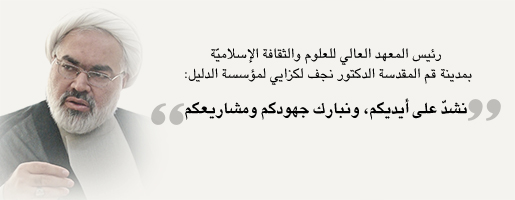
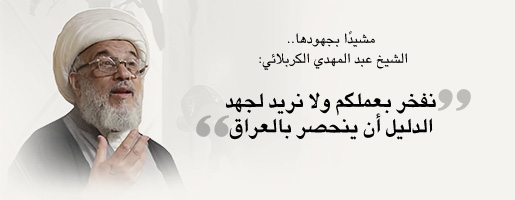
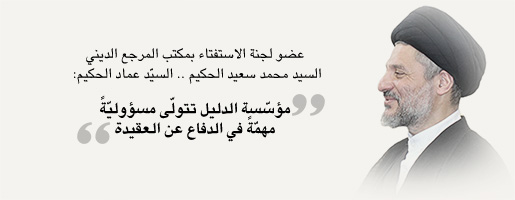
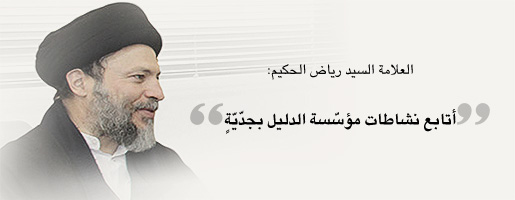
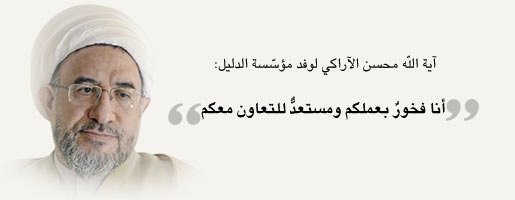
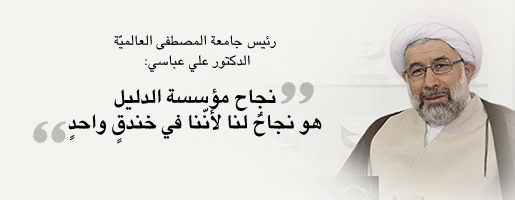
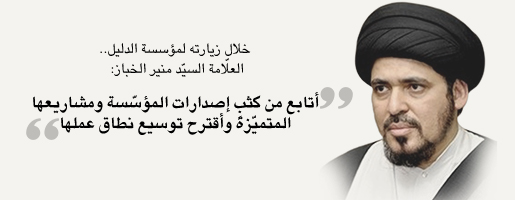
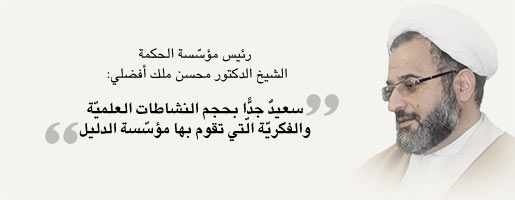
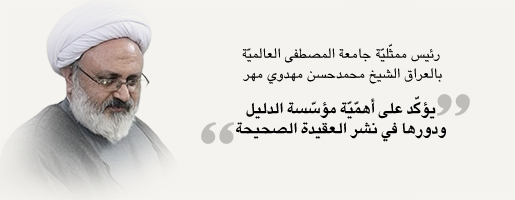
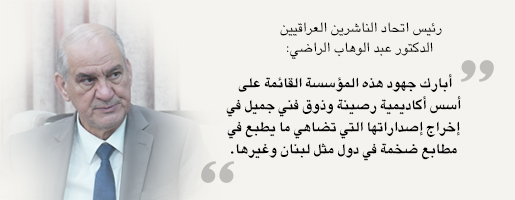
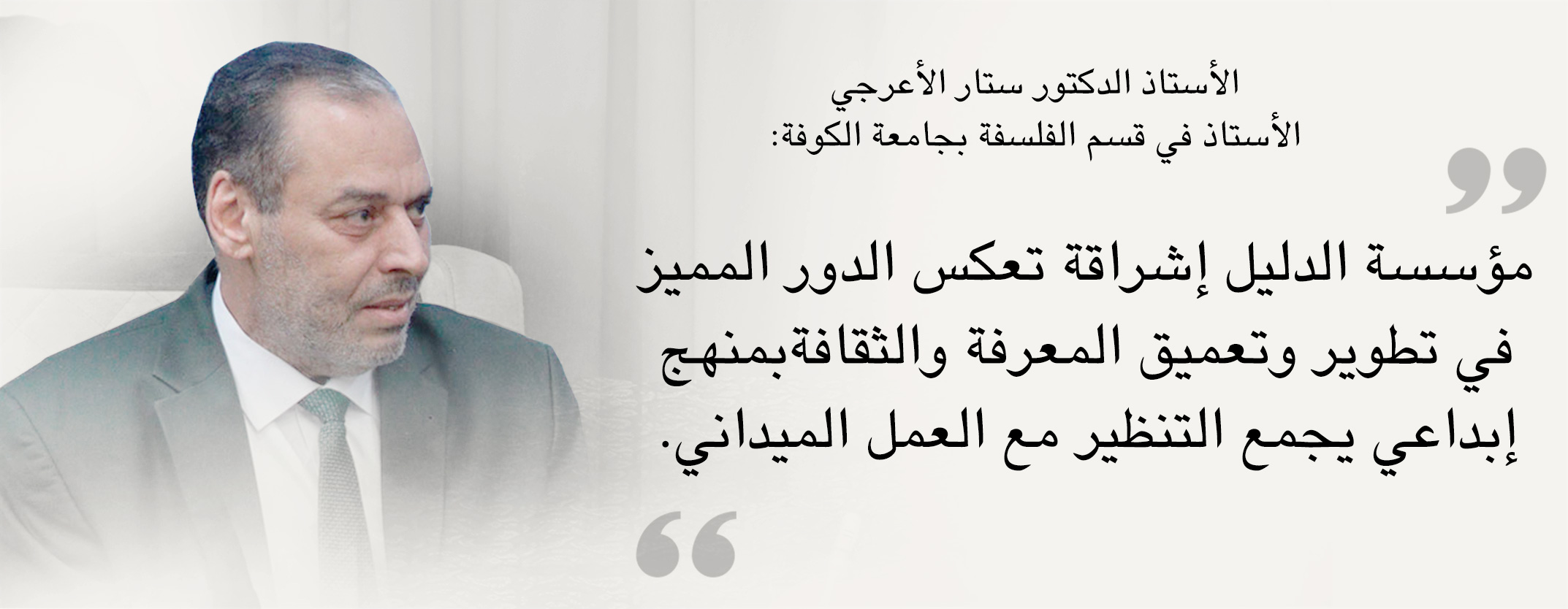
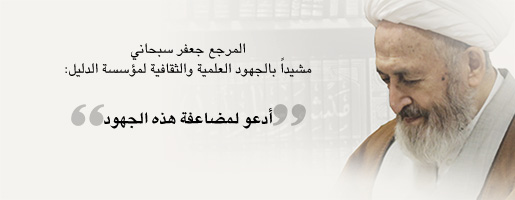
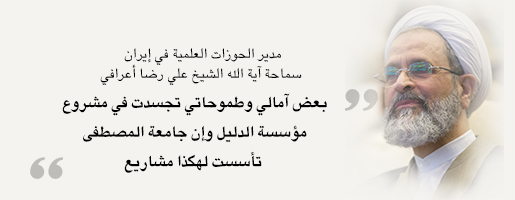
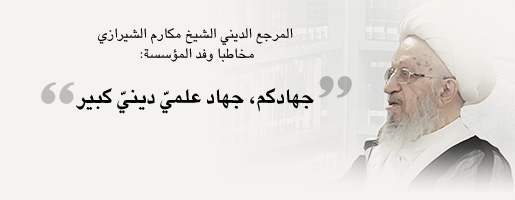
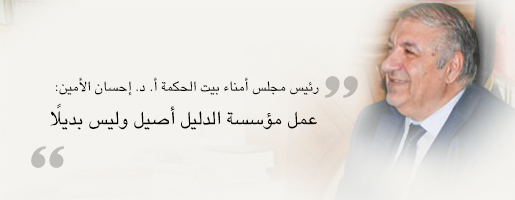
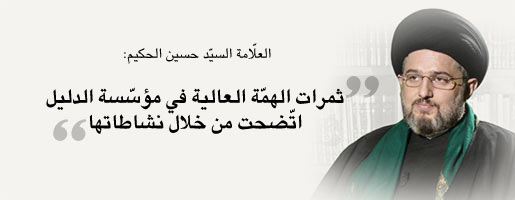
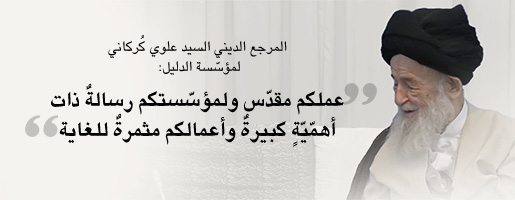
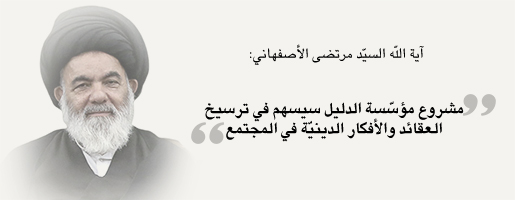
D. Hussein Al-Hajji
Abstract
Freedom is one of the key concepts that has long occupied the minds of thinkers and continues to do so today. It is considered a fundamental pillar of human development and flourishing. Therefore, a proper understanding of its essence and boundaries is among the significant issues worthy of thorough investigation. One of the crucial aspects to consider when discussing freedom is its relationship with human dignity. There is a strong and intrinsic connection between human dignity and freedom, as both are essential components in the foundation of a just society in which rights are upheld. This article seeks to highlight the relationship between human freedom and dignity, and the strength of the bond that ties them. It explores the various capacities and attributes that justify the honoring and elevation of the human being over many of Gods other creations. It also examines the necessary limits that should be imposed on freedom to ensure it does not lead to a violation of human dignity. Thus, it becomes imperative to articulate a sound perspective for defining and regulating freedom in a way that safeguards human dignity from harm. Our conclusion is that the proper path to defining and regulating freedom lies in obedience to the Creator of humankind, through adherence to the comprehensive obligations of Islamic law, which govern all aspects of human life, including worship and social transactions. The methodology adopted in this research combines descriptive and analytical approaches. It begins with presenting relevant concepts and clarifying the relationship between human freedom and dignity, followed by an analysis of how either excess or deficiency in freedom can negatively impact dignity. Elements of critical methodology are also employed, particularly in assessing the consequences of imbalance in the exercise of freedom.
